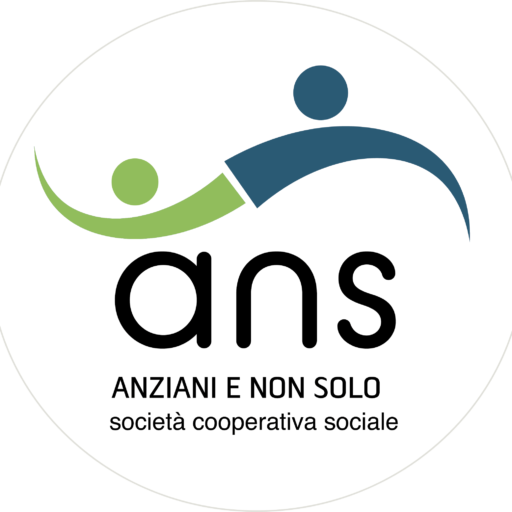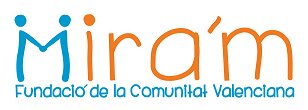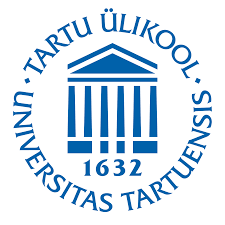Violence prevention through theatre based educational resources for women with autism spectrum disorder
We are committed to raising awareness of, and fostering understanding of, Autism Spectrum Disorder (ASD), which is characterised by differences in social communication and behaviour.
Research shows that young people with ASD, particularly girls and women, are at a significantly higher risk of experiencing sexual abuse and harassment. This vulnerability often arises from the interaction between ASD-related challenges, such as difficulty interpreting social cues or setting boundaries, and environments that lack adequate understanding, education or support.
People on the autism spectrum may find it difficult to recognise unsafe situations or communicate their concerns. At the same time, some may unintentionally display inappropriate behaviours due to limited knowledge of consent and social norms.
Our work focuses on addressing these issues through education and advocacy, and by creating safer, more inclusive spaces for all autistic individuals.
The project
The VERA project was created to respond to this complex reality by addressing both the prevention of victimisation and the need for appropriate, targeted support. Drawing on recent research and recommendations, the project will
- Develop tailored sexuality and relationship education programmes adapted to the developmental and cognitive profiles of young people with ASD;
- Equip families, carers and professionals with the tools to support prevention and reporting;
- Create inclusive and accessible support systems for those who have experienced abuse;
- Promote the empowerment of ASD young people by directly involving them as peer ‘safety ambassadors’.
The project will also explore the use of innovative behaviour-based methods, such as drama and theatre techniques, which have shown promising results in developing communication and social skills in autistic people.
Results
The co-design of educational resources, involving young people with ASD, family carers and professionals, ensures the creation of genuinely useful, accessible materials grounded in lived experience. This inclusive approach not only improves the quality and relevance of the tools developed but also helps to accurately identify the training and support needs of those involved.
The set of inclusive training for professionals, carers and young people with ASD to prevent and respond to sexual and gender-based violence. Using interactive, accessible methods, the training builds awareness, confidence, and practical skills. It aims in fostering safer environments, open communication and greater self-advocacy for young people with ASD.
The Dissemination and mainstreaming is aimed at sharing knowledge, tool and lived experience with young people with ASD, their supporters and the wider community.
It is divided into 2 main outcomes both with objective of strengthening inclusion, raising awareness of the specific risks faced by young people with ASD and building supportive networks:
- The peer Ambassador Programme, which empowers trained young people with ASD to promote safety and awareness through peer-led initiatives.
- The policy recommendations aimed at influencing the policy change through evidence-based advocacy and the development of accessible communication materials.
Downloads
News
-
Listening to Voices, Building Safer Relationships Insights from the VERA Project
Home Partners Vera News Listening to Voices, Building Safer Relationships Insights from the VERA Project As part of the VERA project, which focuses on preventing situations of violence and fostering safer relationships among young people, we recently conducted interviews with family members, youth with Autism Spectrum Disorder (ASD), and professionals working in this field. These
14 Ottobre 2025Read More -
VERA project: Innovative approaches to preventing sexual violence against young people with Autism Spectrum Disorder
Home Partners Vera News Sexuality and autism: how the VERA project helps young people build safe and informed relationships A new CERV DAPHNE programme is breaking ground in safeguarding young people with Autism Spectrum Disorder (ASD) from sexual abuse. The two-years VERA project brings together international partners to co-create accessible, inclusive training using theatre-based methods
31 Luglio 2025Read More -
Sexuality and autism: how the VERA project helps young people build safe and informed relationships
Home Partners News Sexuality and autism: how the VERA project helps young people build safe and informed relationships Young people with Autism Spectrum Disorder (ASD), and especially young women, are at muchhigher risk of experiencing sexual harassment and abuse compared to their neurotypical 1 peers.Research 2 shows they are up to four times more likely
31 Luglio 2025Read More
Partners





![]()
Project: 101194892 — VERA — CERV-2024-
DAPHNE
Co-funded by the European Union. Views and opinions expressed are however those of the author(s) only and do not necessarily reflect those of the European Union or the European Commission. Neither the European Union nor the granting authority can be held responsible for them.




![shutterstock_2198870423 [Convertito]](https://www.anzianienonsolo.it/online/wp-content/uploads/2025/07/shutterstock_2198870423-Convertito-350x250.jpg)